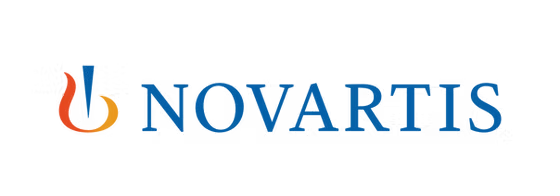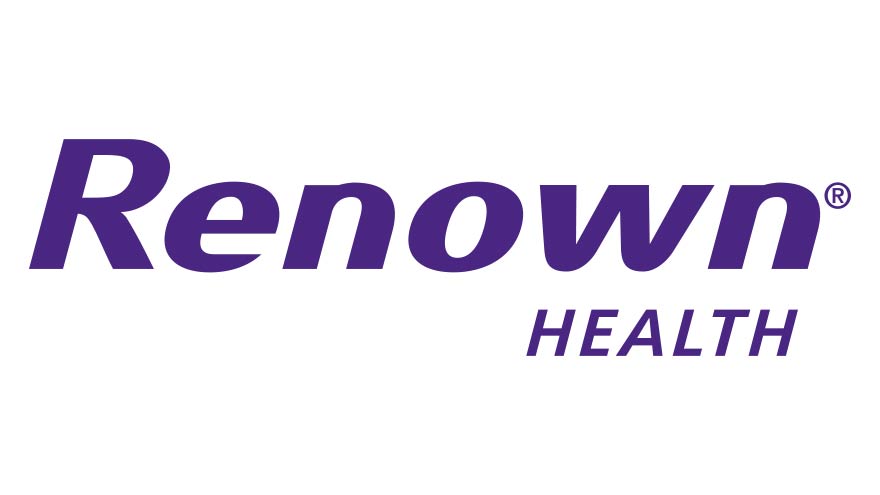
13 Jun 2024
Hiring for "culture fit" has long been a key strategy for many companies. The goal is to ensure that employee’s values, beliefs, and behaviors align with those of the organization, creating a harmonious workplace.
However, this practice is now under scrutiny. Critics argue that it can unintentionally foster biases and reduce team diversity.
As businesses strive for inclusive environments that reflect their diverse audiences and drive innovation, it's crucial to reconsider the role of cultural fit in hiring decisions.
In this blog, we’ll dive into the complexities of cultural fit, its potential biases, and its impact on workplace inclusivity and organizational effectiveness.
What Does "Cultural Fit" Mean?
"Cultural fit" in the workplace means how well an individual's values, beliefs, work habits, and behaviors match with the company's core values and norms.
The idea is that when employees share common ground with their team and the broader company culture, it leads to smoother integration, higher job satisfaction, and better collaboration.
However, it's important to distinguish between a healthy cultural fit that promotes mutual respect and growth, and one that hinders diversity and inclusion.
Benefits of Hiring for Culture Fit
Creating and maintaining a positive culture offers numerous benefits, making it a key factor in the hiring process.
Strong Company Identity
A vibrant, well-defined company culture strengthens the company’s identity and provides employees with a sense of purpose and direction. It helps unify team goals and values, boosting engagement and job satisfaction.
Effective Communication
Teams that are culturally aligned tend to communicate better, making it easier to resolve conflicts and work together towards the company's success.
Specific Advantages of Culture Fit
1. Higher Employee Retention
Employees who resonate with the company culture are usually more satisfied, productive, and loyal, leading to lower turnover rates and reduced recruitment costs.
2. Enhanced Teamwork and Integration
When team members align with the organization’s core values, they integrate more easily, fostering mutual trust and effective collaboration.
3. Improved Performance
Employees who fit well culturally are often more productive and innovative, taking initiative and contributing uniquely to the company’s goals.
4. Organizational Alignment and Cultural Preservation
Cultural alignment helps maintain a resilient company identity, ensuring that employees uphold the company’s core values and objectives.
5. Brand Advocacy
Employees who feel at home in their company's culture often become enthusiastic advocates, promoting the company's image and values to clients, peers, and potential hires.
Problems with Hiring for Culture Fit
While the concept of culture fit itself is not problematic, issues arise when it isn't approached critically.
Recruitment practices focused on culture fit must be carefully designed to avoid implicit biases and ensure they don’t exclude valuable, diverse talent.
It’s essential to define company culture inclusively, emphasizing universal principles rather than specific cultural or social traits.
Potential Pitfalls of Culture Fit
1. Excluding Diverse Candidates
Overemphasis on culture fit can exclude candidates with diverse backgrounds and perspectives, resulting in a less innovative workforce.
2. Unconscious Bias
Unconscious biases may influence hiring decisions, reinforcing stereotypes and limiting the candidate pool to those who mirror current employees rather than bringing in fresh perspectives.
3. Lack of Innovation
A homogeneous workforce can stagnate, whereas diverse teams are often more creative and better at solving complex problems, driving innovation.
4. Reduced Organizational Resilience
Organizations that focus too much on culture fit may lack resilience, as diverse experiences and viewpoints are crucial for navigating market changes and challenges.
While hiring for culture fit can foster a cohesive and productive workplace, it's crucial to balance this with the need for diversity and inclusivity. By doing so, companies can build innovative, resilient teams that drive long-term success.











Comments (0)